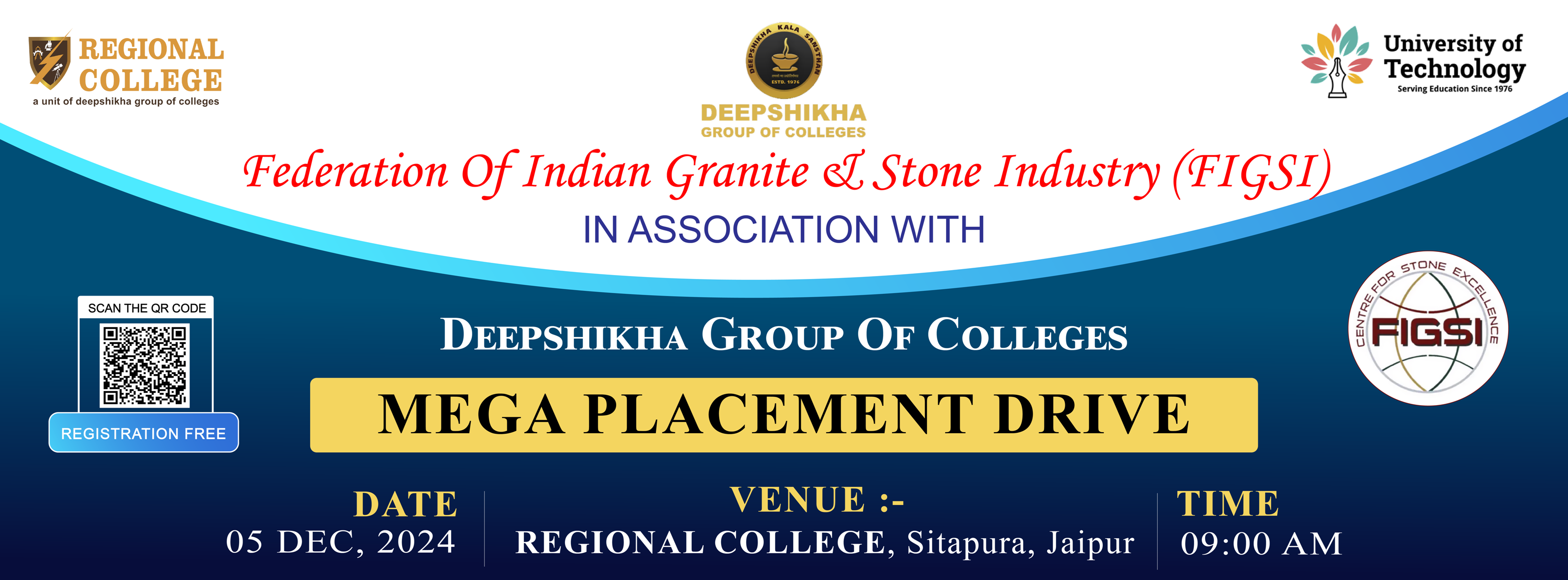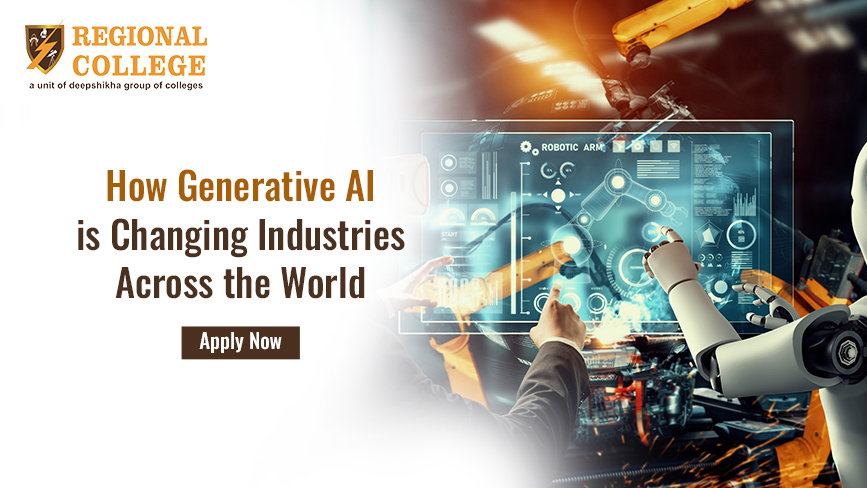The Internet of Things (IoT) has become a game-changer in various industries, including mechanical engineering. By integrating smart devices, sensors, and data analytics, IoT enables engineers to create more efficient, connected, and intelligent systems. For students studying at Regional College, top private engineering college in Jaipur, understanding the impact of IoT in mechanical engineering opens up a range of exciting opportunities and challenges in the modern world of technology and innovation.
Smart Manufacturing and Industry 4.0
One of the most significant areas where IoT is making an impact is smart manufacturing, also known as Industry 4.0. IoT enables the integration of sensors and connected devices on factory floors, allowing real-time monitoring of machinery and production lines. Mechanical engineers use IoT data to optimize machine performance, prevent breakdowns through predictive maintenance, and improve operational efficiency. These advancements lead to reduced downtime, lower energy consumption, and higher productivity.
Learning about smart manufacturing offers a glimpse into how factories of the future will operate with minimal human intervention. IoT allows engineers to oversee the entire production cycle, making adjustments remotely and ensuring that systems run at optimal capacity.
Predictive Maintenance and Condition Monitoring
In traditional mechanical engineering, maintenance schedules are based on fixed intervals, often leading to over-servicing or sudden equipment failures. IoT is changing that with predictive maintenance. Sensors embedded in machines collect real-time data on temperature, vibration, pressure, and other operational factors. This data is analyzed to predict when a machine is likely to fail, enabling engineers to perform maintenance just in time to prevent breakdowns.
Predictive maintenance increases the lifespan of equipment and reduces costs, as unnecessary repairs and unplanned downtime are minimized. For budding mechanical engineers studying at the best private engineering college in Jaipur, mastering IoT-based maintenance techniques will be crucial for designing systems that are not only efficient but also sustainable.
Automation and Robotics
IoT is also enhancing the field of robotics, particularly in industrial automation. IoT-powered robots can communicate with other machines, receive real-time data, and make autonomous decisions based on that information. This is revolutionizing sectors such as automotive manufacturing, where robots and IoT sensors collaborate to perform precision tasks with minimal human input.
For students studying at a private engineering college in Jaipur, IoT in robotics represents a cutting-edge field where mechanical engineering, electronics, and computer science converge. Engineers are now developing more responsive, adaptive robots that contribute to the development of smart factories, autonomous vehicles, and even healthcare systems.
Energy Efficiency and Sustainability
Mechanical engineers are increasingly using IoT to promote energy efficiency and sustainability. Connected devices help monitor energy consumption in HVAC systems, manufacturing plants, and transportation networks. IoT-based data analytics can identify areas where energy is wasted and suggest optimizations to reduce overall consumption.
IoT is transforming mechanical engineering by making systems smarter, more efficient, and highly automated. From predictive maintenance and robotics to smart manufacturing and energy efficiency, the integration of IoT in mechanical engineering opens up endless possibilities for future engineers. At a private engineering college in Jaipur, students can harness the potential of IoT to shape innovative solutions that contribute to sustainable industrial practices and technological advancements.















